I have the COVID vaccine! What does this mean for travel?
As more and more people get vaccinated, it’s hard not to wonder: What does the COVID vaccine mean for travel?
Now that I’m fully vaccinated against COVID-19, it’s something I can’t stop thinking about. I decided to do some research, and share my personal thoughts with you all.
Please keep in mind that this post should not be taken as medical advice. This post was written in January 2021, and new research is rapidly unfolding. Please follow CDC (or your country’s authority) guidance regarding travel.
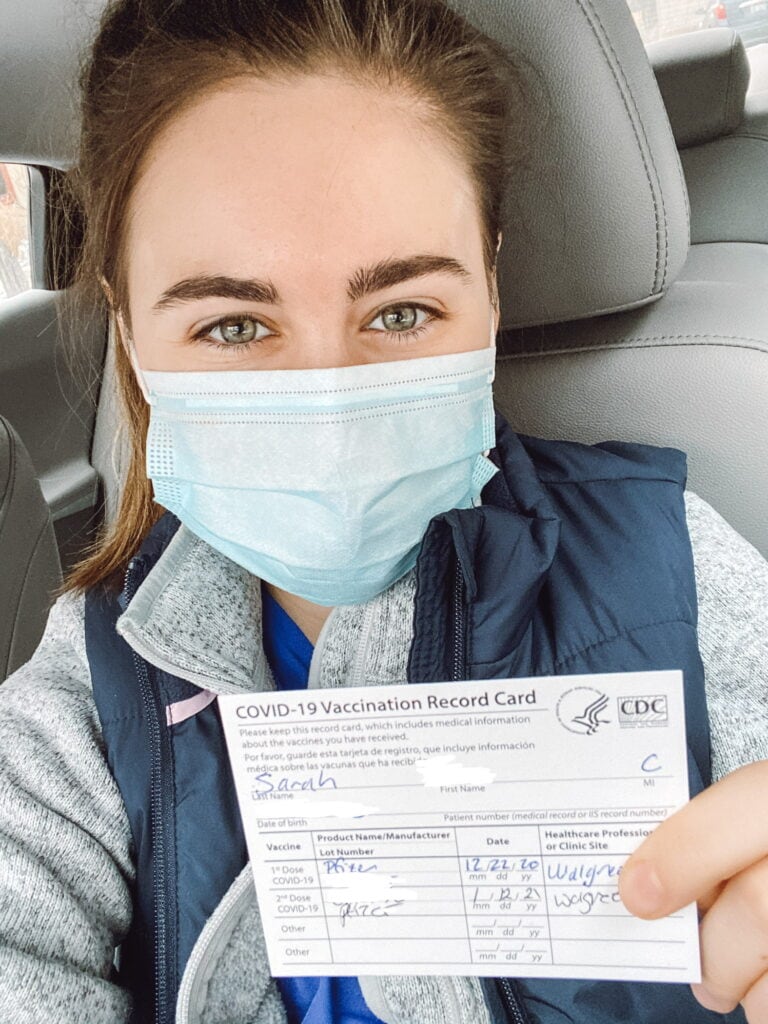
How did I get the COVID vaccine?
As a healthcare professional in the USA, I was one of the earliest people in the world vaccinated with the Pfizer vaccine! I feel very lucky to be able to say that.
I received my first dose of the Pfizer vaccine on December 22, and my second dose on January 12. Both times I had some mild arm soreness, and I also had a dull headache after the first dose. That’s it!
How can you get the COVID vaccine?
As a healthcare worker, I was part of phase 1A.
Phase 1B, adults over age 75 and essential workers, is currently being rolled out. When you read this, we likely might be further through the phase system.
This is a good resource from the CDC about the phase system – although it is routinely being updated.
Tip: How to get your vaccine earlier
There’s a small loophole (in the USA at least) if you want to get your vaccine earlier.
Pharmacies, like Walgreens, often end the day with leftover vaccines from people who didn’t show up for their appointments. These doses often get discarded – what a waste!
According to the pharmacist who administered my second dose, and according to this Business Insider article, you have a good chance of getting your vaccine if you give your local pharmacy a call and ask about cancellations!
Immunity timeline with the COVID vaccine
It’s helpful to understand the immunity timeline when considering travel and the COVID vaccine. Here’s a quick overview:
~10 days after dose one: 52% immunity with Pfizer vaccine, 90% immunity with Moderna vaccine
~14 days after dose two: 94-95% immunity with Pfizer and Moderna vaccines
This is just to say… don’t go booking international flights for the day you get your second dose! You need to wait two weeks to reach maximum immunity.
As for whether you should even be thinking about those international flights at all? Well, that’s another story…
Can you travel after the COVID vaccine?
This is the question we are all asking! What does the COVID vaccine mean for the future of travel?
I have seen a lot of travel bloggers recently posting about post-vaccine travel. Some even have disclaimers that they don’t encourage international travel… unless you are vaccinated.
Eek!
I cringe at that statement because I do feel that it is inspiring false hope. To go further, it has the potential to be downright dangerous.
Just because you have the COVID-vaccine doesn’t mean you are safe to travel.
(I know, I’m sad about it, too.) Here’s why:
We don’t know if vaccinated people can still spread the virus.
This is the crux of the issue, and what the future of travel is reliant upon.
Based on the huge clinical trials by Pfizer and Moderna, we know that those vaccines prevent severe COVID illness.
We don’t know if those vaccines completely block the virus (such as with the HPV vaccine), or if they merely prevent symptoms (as is the case with the Meningitis vaccine).
There is a chance that vaccinated people could effectively act as additional “asymptomatic spreaders” and shed the virus, thus transmitting the virus to unvaccinated people.
That’s exactly why people are being encouraged NOT to change their behavior, and still adhere to social distancing and mask-wearing, after being vaccinated.
So far all clinical trials have studied COVID symptoms; they haven’t looked at exactly how the vaccines work. The truth is that we need more research, and thankfully there are a few human studies currently underway.
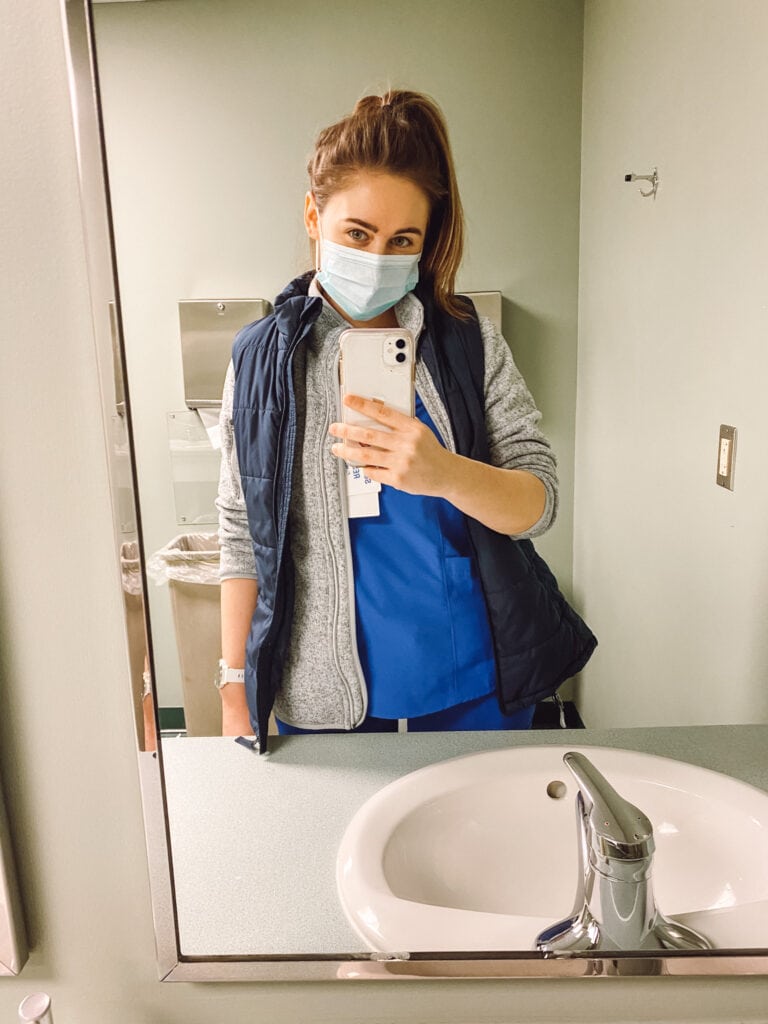
What about herd immunity and travel?
If vaccinated people can still shed the virus, then we likely won’t have safe international travel opportunities until herd immunity is reached.
According to Dr. Anthony Fauci, the USA could reach herd immunity (75-80% of the population vaccinated) by fall 2021. That’s a big “could” because the vaccine rollout would need to go smoothly (and improve on its current status).
However, the USA is one of the richest nations in the world, with unparalleled access to the Pfizer and Moderna vaccines. Compared to other countries, the USA is likely to reach herd immunity earlier.
What does this mean for international travel?
It is of course up to other countries around the world to determine their own border restrictions. But even if a country allows vaccinated USA travelers, there are some ethical implications regarding 1) whether you could still transmit the virus in that country, and 2) the health system infrastructure in that country.
Just because you can do something, doesn’t necessarily mean you should.
When will we have a better idea of when post-vaccine travel is safe?
We just don’t know right now, but I would caution you to get too excited by various travel bloggers suggesting you can travel internationally if you have a vaccine.
Keep an eye on the news for research on virus shedding in people with the COVID vaccine.
Once we know the answer to that question, then we will know a whole lot more about the future of travel!
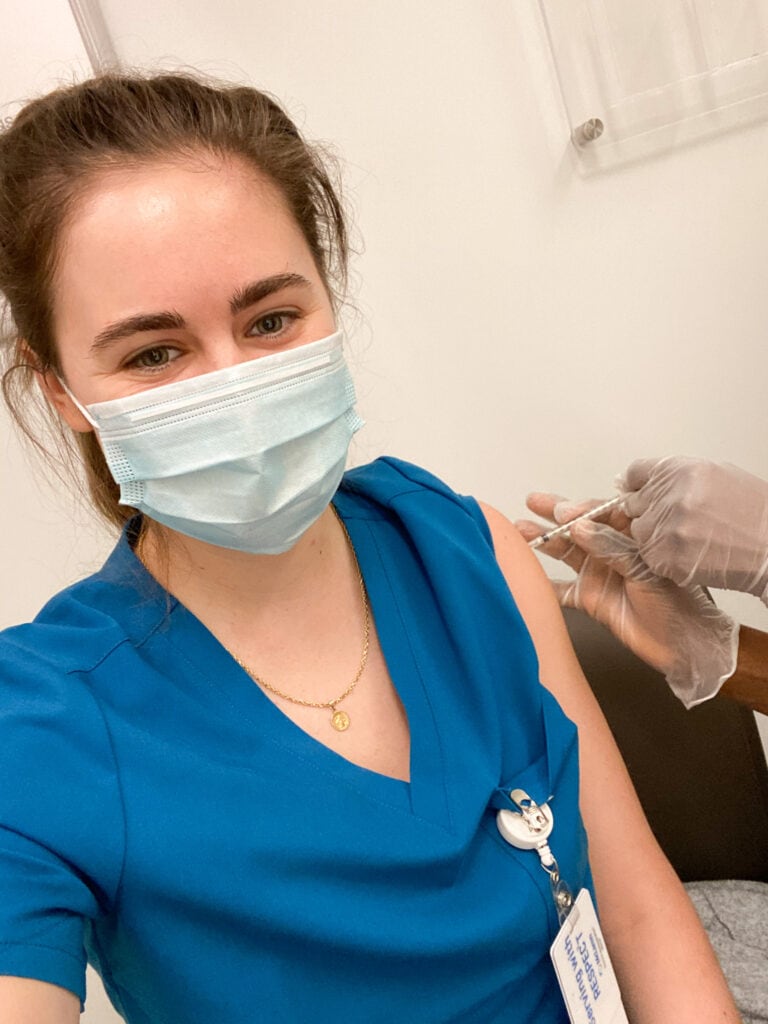
What’s my personal opinion?
In the face of the lack of peer-reviewed facts surrounding the COVID vaccines, specifically transmission among vaccinated people, I feel like there is space to share my personal opinion and plan. Once more research is published, I’m sure I will adjust my opinion, so please keep that in mind!
→Now that I’m fully vaccinated, my plan is to get the COVID-antibody test at my local drive through testing site. I’ll do this about two weeks after my second dose. My body has actually been resistant to vaccines in the past (some people with celiac disease are resistant to the Hepatitis B vaccine). I have no clue how celiac disease affects response to COVID vaccines, because like many things it just hasn’t been studied yet! I don’t think everyone needs to do this by any means, but that’s my plan.
→I will still be getting weekly COVID tests. As is policy at my workplace, even fully vaccinated employees will need to get weekly COVID tests. I can’t say whether this is a purely policy decision, or if it’s based on science. My perspective is that it’s better safe than sorry, so if you are COVID vaccinated, but develop symptoms, it can’t hurt to get tested to be sure.
→The biggest change in my life post-vaccine will be my anxiety levels. I would say I’m 30% anxious about getting the virus myself, and 70% anxious about passing the virus on to a patient or loved one. So with the current science, this vaccine is alleviating about 30% of my COVID anxiety!
→I might start doing more community activities. There are a lot of things that are “allowed,” where I live in Michigan, but that I haven’t done out of an abundance of caution. I haven’t had a hair cut in over a year, even though hair salons have been open here for months. Personally, I just haven’t felt safe in those settings, especially knowing hair stylists who seem to constantly be having to quarantine! Once I get my antibody results, I plan on getting a haircut, going to my gym to workout (fully masked of course!), and maybe even get a massage (another activity that is permitted here but I haven’t felt safe for).
→I will stick to domestic travel, if I travel at all. I doubt I will actually travel throughout the winter, but once we are into Spring I would love to do some outdoor, socially distanced travel in Michigan, or local road trips. I’d also love to fly to Florida to see my grandma once she is vaccinated, and cases are lower.
→I’m reserving my decision on international travel, but likely won’t travel internationally until 2022. Many of you know I traveled internationally to the UK in 2020, to see my boyfriend Dan. We’re in the unlucky club of binational couples who have been separated by the border closures due to the pandemic. Currently we are going on another four months apart, with no end in sight. I’m not sure travel to see Dan counts as “essential,” but if I was to travel internationally at all this year it would be related to seeing him.
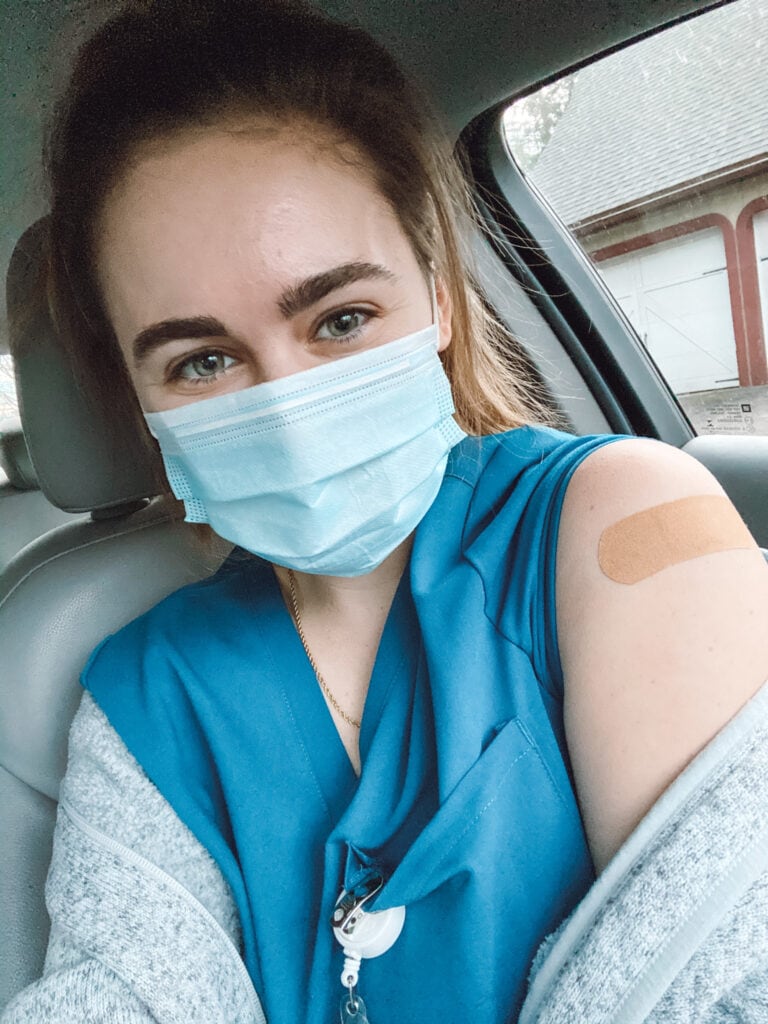
I don’t have all the answers, but I can’t wait for travel to return.
In my opinion, the best tool we have to expedite the future of travel is to adhere to social distancing guidelines in the present.
That includes, unfortunately, not traveling just because you are vaccinated.
So, what do you think? Any predictions on vaccines, and the future of travel? Let me know in the comments below!



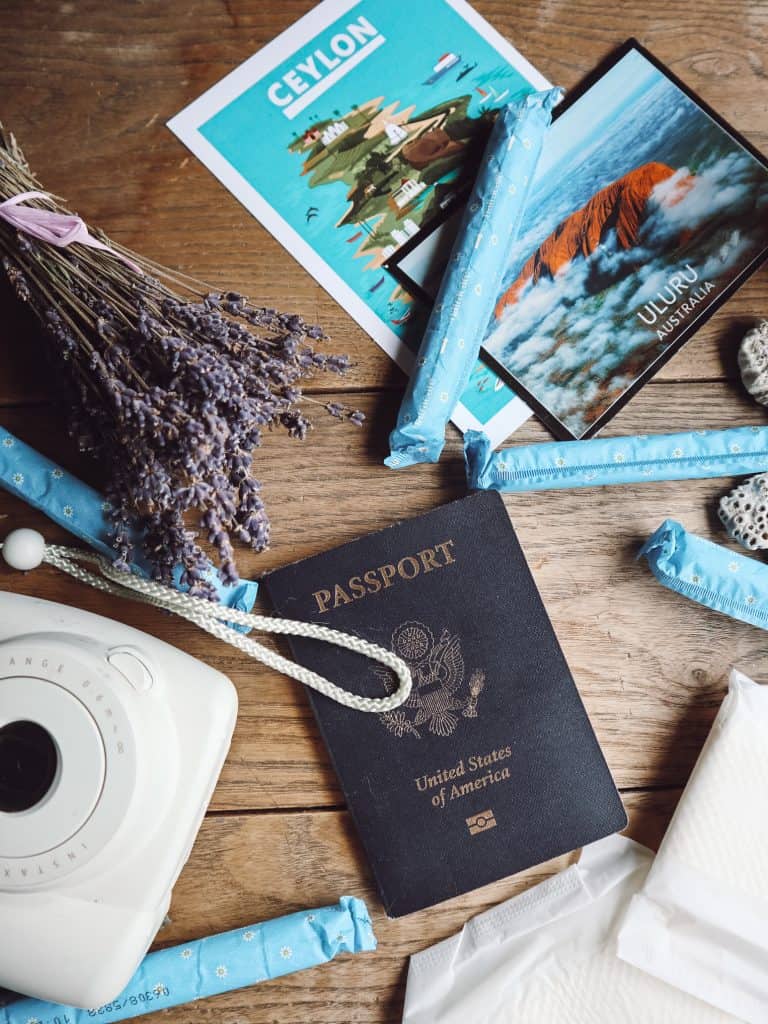

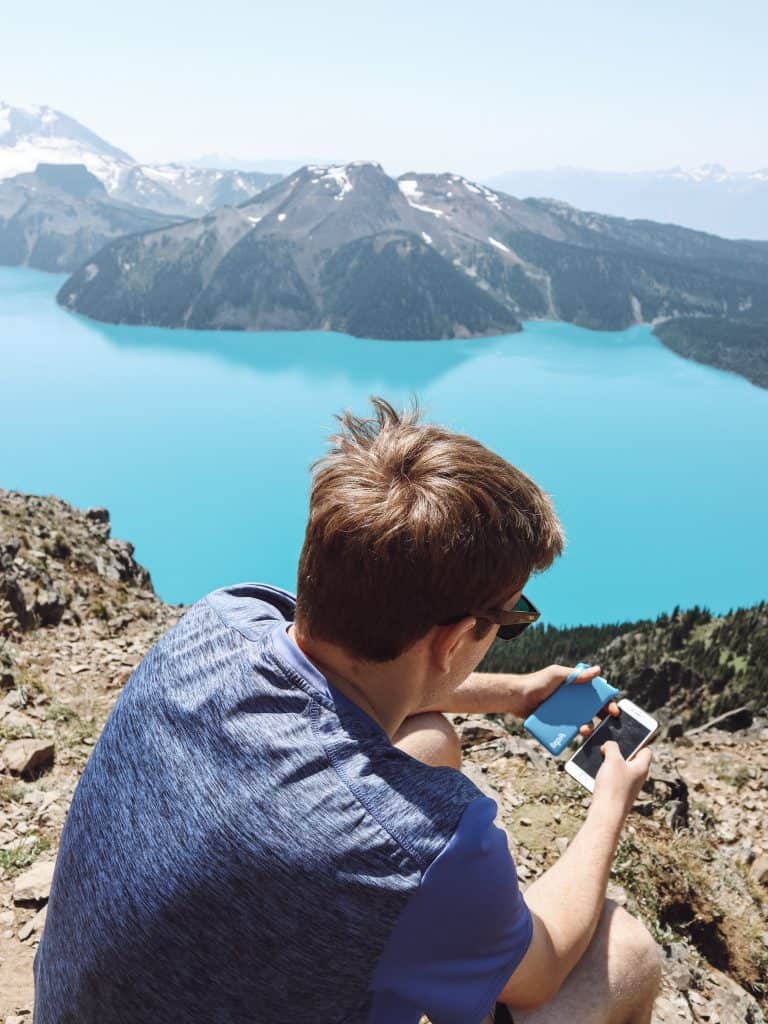
Fantastic post! Thanks for sharing your experience and thoughts! So good to hear of a great travel blogger like you who isn’t rushing to push people on flights. I’ve found the last year so hard in terms of seeing people travel for non-essential reasons (like going home for christmas, holidays etc) when so many are sacrificing so much. But I believe it’s the right thing, I couldn’t handle being responsible for someone catching it. My husband caught it really bad in March and what he went through was terrifying. I just don’t believe right now that the government will vaccinate quickly enough, but still hoping for maybe a trip home next Christmas, maybe some local travel over the summer. Fingers crossed!!
Thanks Camila! I have become a little disillusioned with a lot of travel bloggers this past year. Travel really is a privilege but not everyone sees it like that.
Wow – this was seriously enlightening. Thank you for writing this, Sarah! A little disappointing and just slightly hope-crushing but better to know the facts than live in la-la land. I definitely am on team “love = essential travel” (to an extent).
LOL sorry to be the hope crushing one!! But yeah totally agree it’s better to know the facts. Not gonna lie I was pretty disappointed as I was doing the research to write this piece! I’m desperate for travel to return. Hopefully we get some new research results in soon with good news 🙂
it doesn’t make sense that you still need to be tested so often after you’ve been vaccinated . sure, if you develop symptoms, yes, but.. I gues it’s as you say better safe than sorry policy . here my parents applied for vaccination, because now over 65 will be vaccinated, but at the moment there’s no timeline for the rest of the general public (the medical staff did that, but some have refused the vaccine)
This is a great post! My parents and brother are all vaccinated now, because of where they work. My mom really wants to come visit us in Colorado but I just don’t feel like it’s a good idea right now. I want to wait and see what the reserach finds about spreading the virus. I love that you are still staying safe and that you have that extra layer of protection now!
Yeah I’m of the same mind. Better to wait out the winter at least until cases get lower, and hopefully there will be some new research soon about transmissibility once you have the vaccine! It’s hard not to be impatient tho 🙂
Just FYI. The antibody tests that are available generally won’t show positive if you got the vaccine. Those labs are only in vaccine studies-not availed to general public right now.
Thanks so much for this info! Where did you read about this? From what I see on the CDC site, you may test positive on the publicly available antibody tests if you’ve been vaccinated. But if you test negative, that doesn’t necessarily mean the vaccination didn’t work as the tests aren’t as sensitive. https://www.cdc.gov/coronavirus/2019-ncov/vaccines/facts.html#:~:text=If%20your%20body%20develops%20an,of%20protection%20against%20the%20virus.